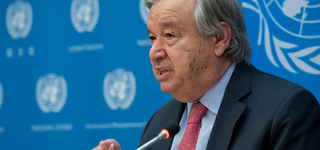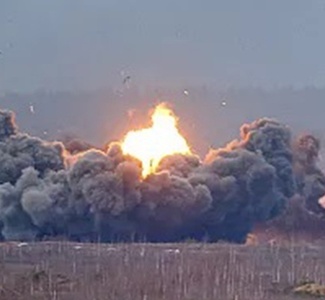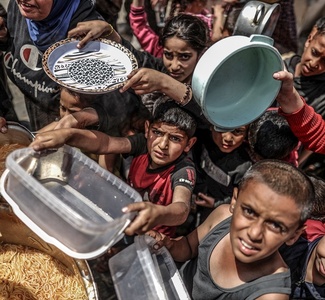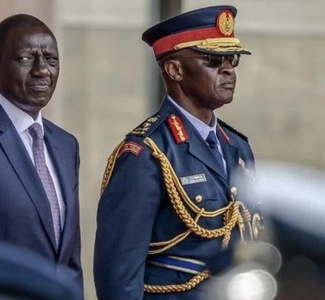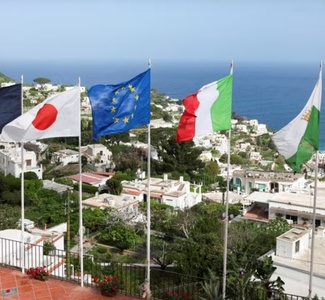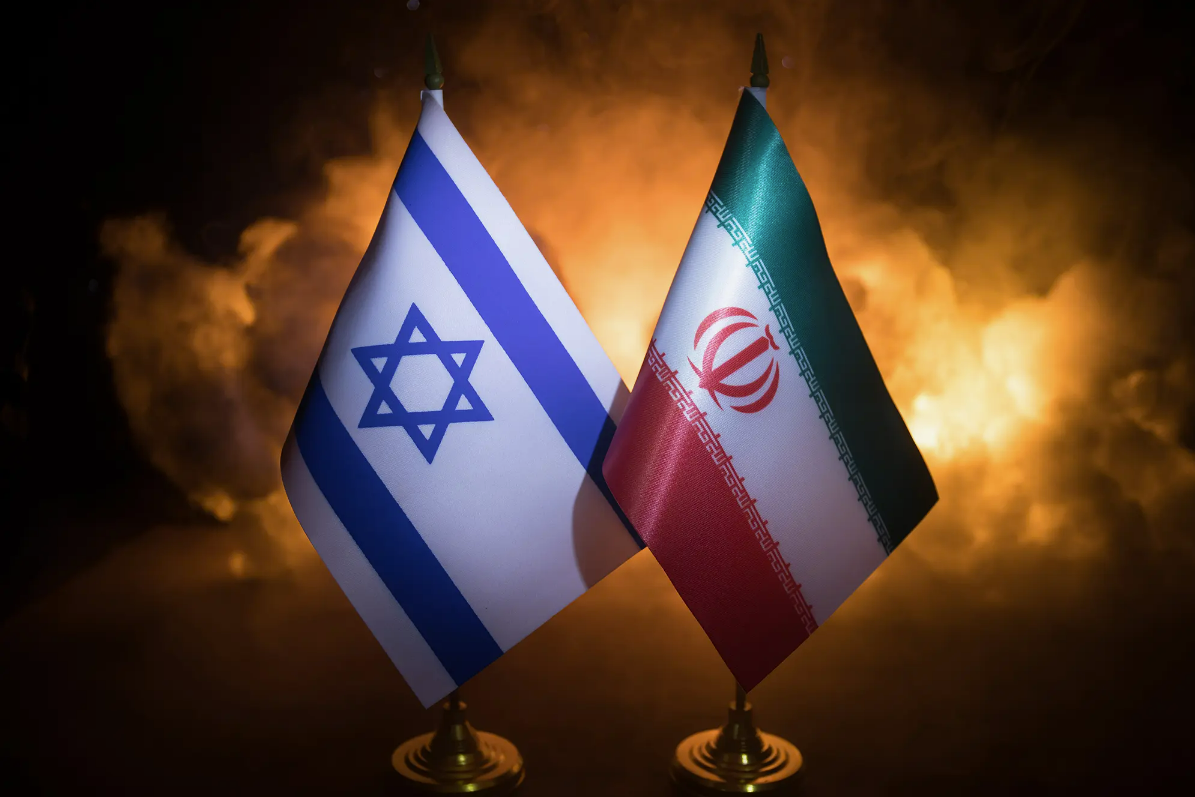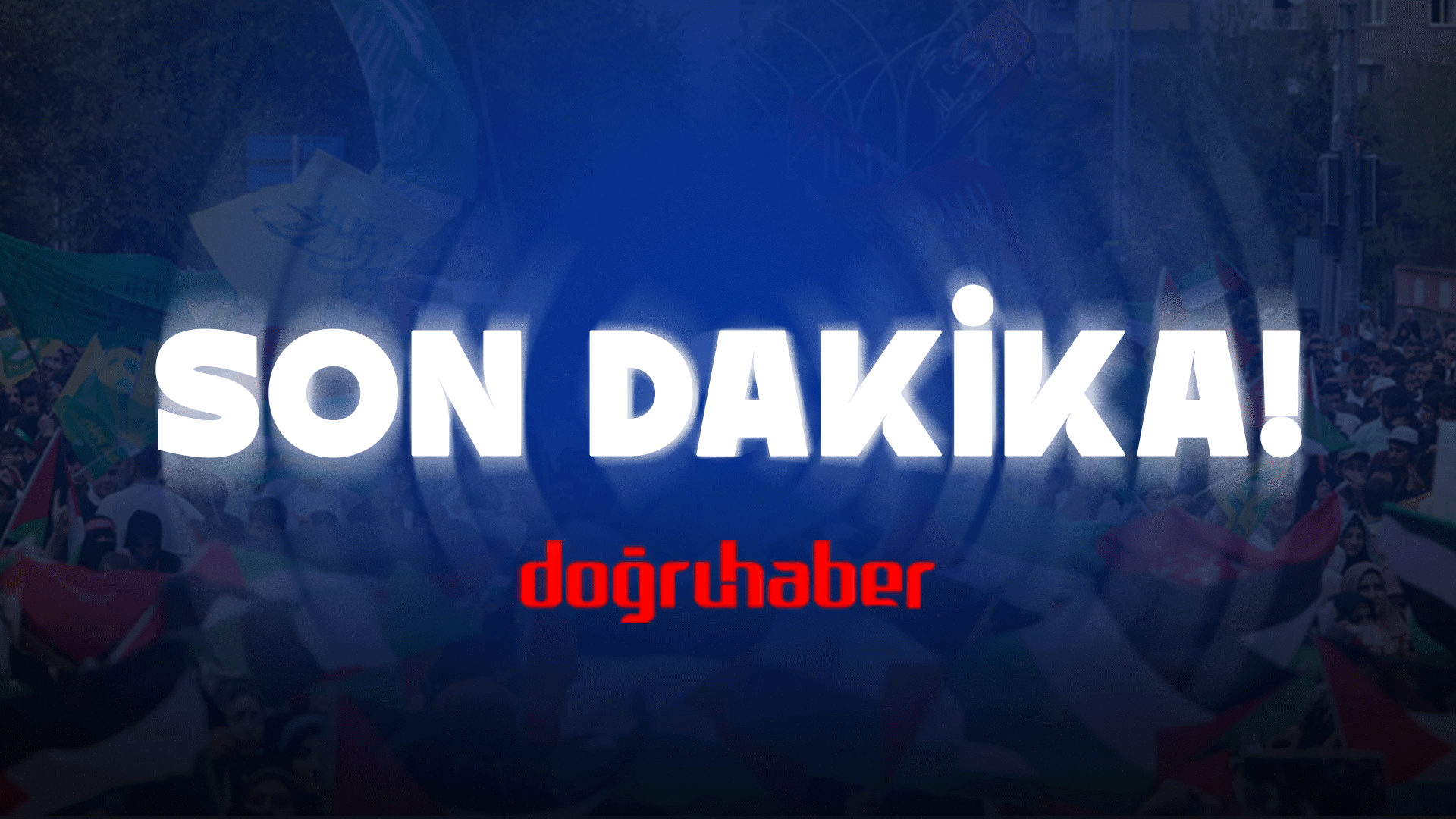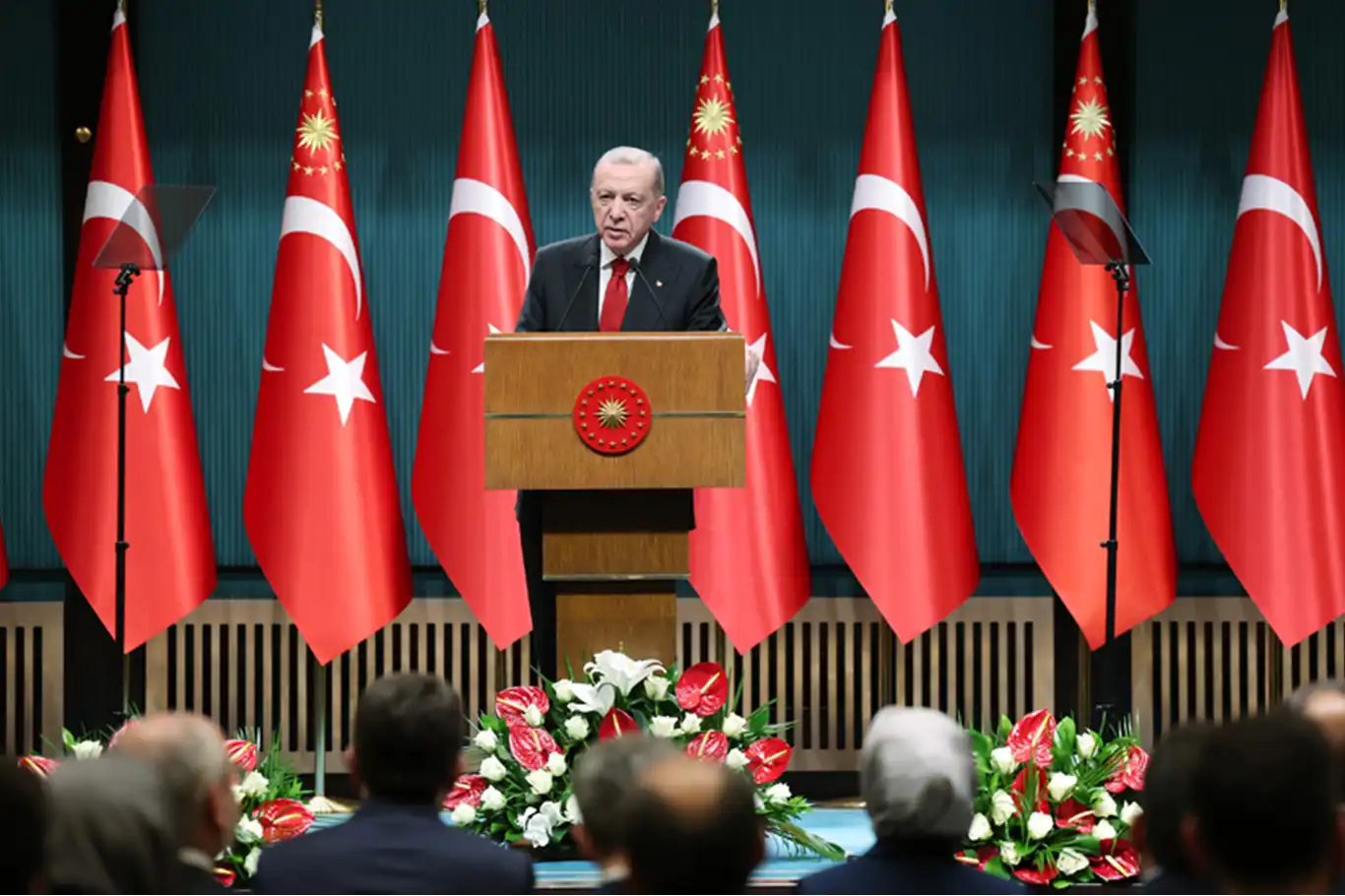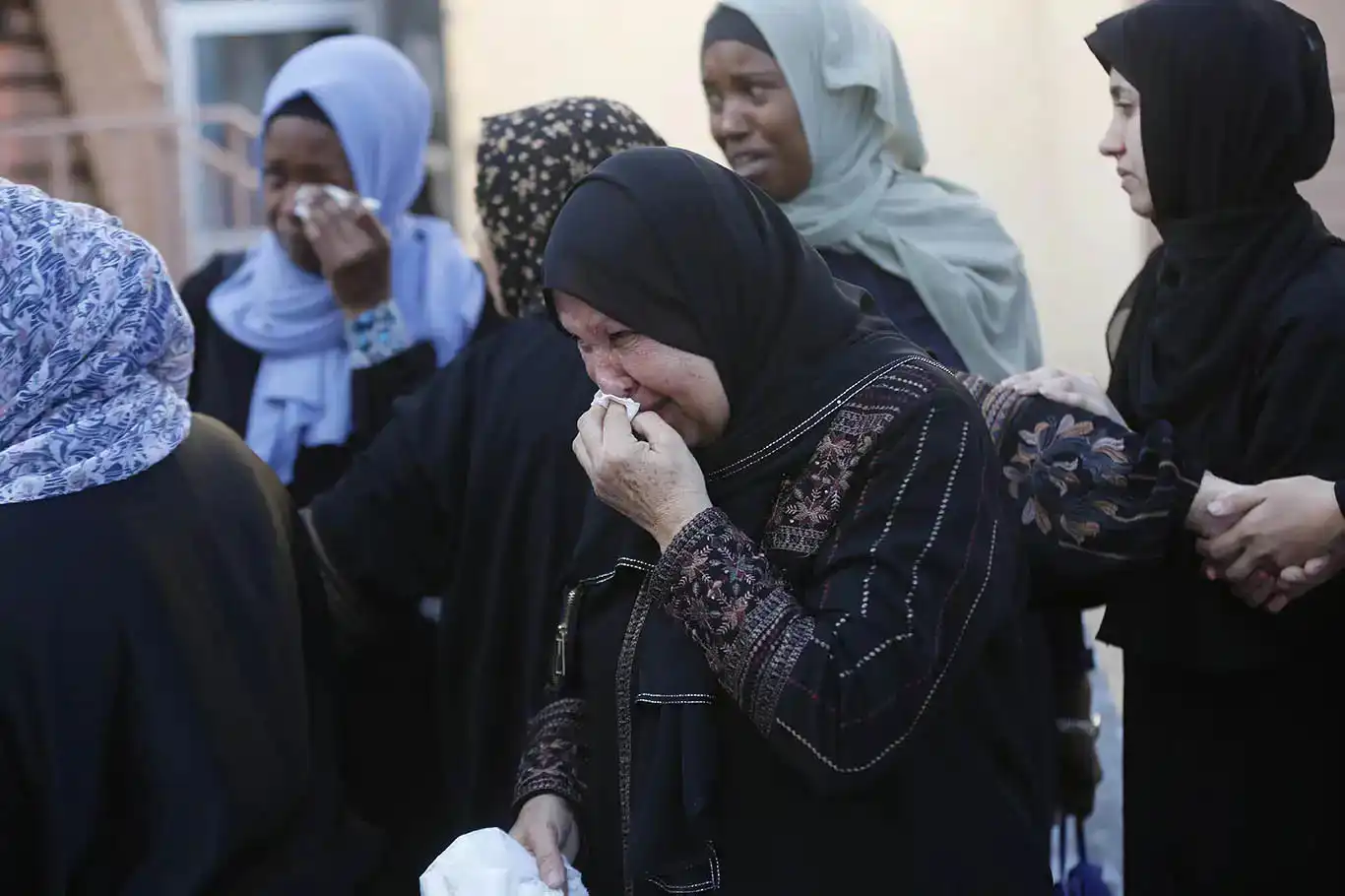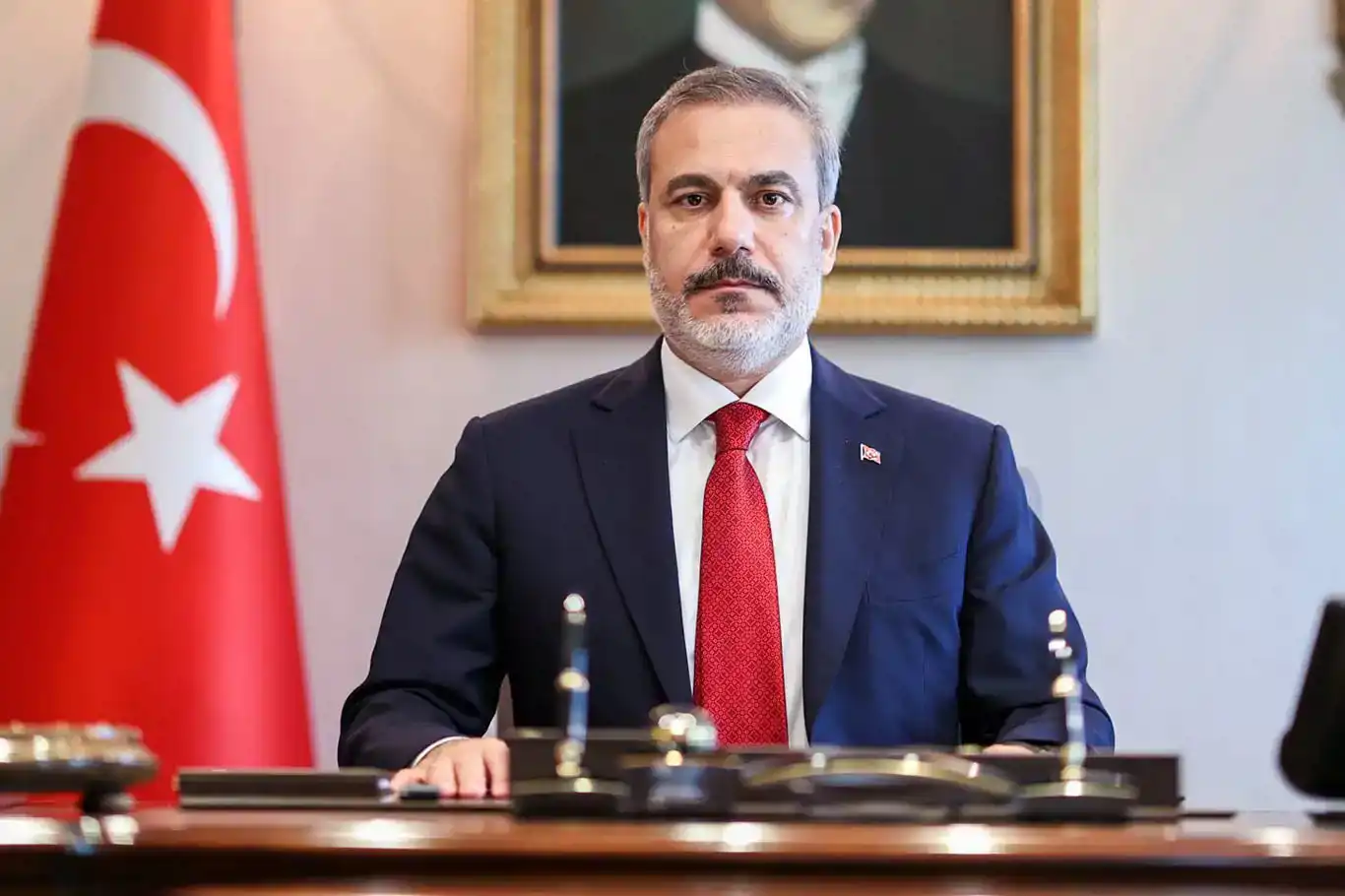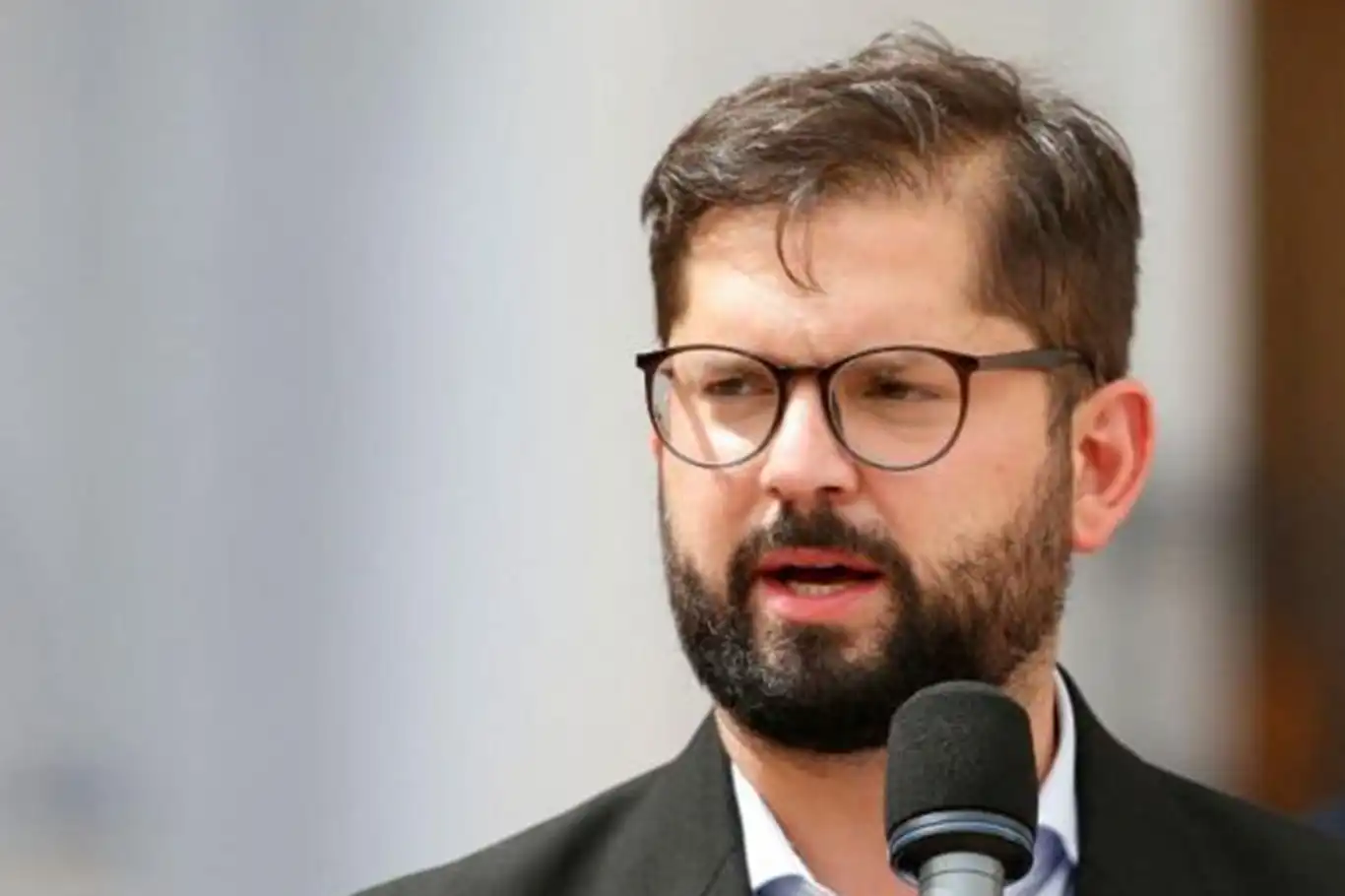Srebrenica: The biggest genocide after World War II
On the 24th anniversary of the Srebrenica genocide, one of the darkest days in human history, more than 300 mass graves have been found to date and the bodies of more than 13,000 people have been identified so far.

 Google News'te Doğruhaber'e abone olun.
Google News'te Doğruhaber'e abone olun. The Srebrenica genocide... took its place in history as one of the shameful moment of humanity, where most civilians were slaughtered in Europe after the Second World War.
The sufferings retain freshness as on the first day on the anniversary of 11 July 1995 massacre where more than 8,000 Muslims in Bosnia were killed without discretizing men, women, children and the elderly people by the Serbian army, armed with heavy weapons under the command of General Ratko Mladic.
The Srebrenica massacre, the largest post-World War 2 genocide in Europe, was committed in Srebrenica, which was declared a "safe zone" for civilians by the United Nations during the Bosnian War and security provided by Dutch soldiers.
Muslim men, women, and children massacred by Serbian soldiers
More than 8,000 Muslim men, women, and children were massacred en masse by Serb soldiers after UN-controlled Dutch troops left the area to the control of Serb soldiers.
On 11 July 1995, the Serbian army entered Srebrenica, which supposed to be under UN protection. 35,000 Bosnians - children, young, old - in the camp were transported by buses to the mass execution points.
8,342 Bosnians, handed over by UN peacekeeping force to the Serb army, slaughtered in 3 days.
The genocide, which the UN and Europe were only watching, was the final curtain of the 3-year Bosnian war in which 100 thousand people were killed.
Following this event - one of the most brutal and bloody pages of the Bosnian War - the vast majority of the massacres were buried in the Potochari Cemetery, which located directly opposite the area where thousands of people took refuge under the protection of UN troops.
The Srebrenica genocide is also significant for being the largest mass human slaughter in Europe since World War 2 and the first legally documented genocide in Europe.
Dutch soldiers hand over Srebrenica to Serbian soldiers
Western powers did not give importance to genocides as they did to the undocumented jewish massacres, while this massacre was documented and committed consciously. They deliberately acted heavily in intervening to ensure the deepening of the genocide.
In the late July massacre, many of the Dutch soldiers who handed Srebrenica over to Serbian soldiers were later forced to undergo psychological treatment after they returned to their country for the massacre they carried out.
Most of the 600 Dutch soldiers who turned a blind eye to the genocide of Serbs by leaving Srebrenica have later confessed their regrets.
One of the soldiers who collected his experienced into a book for the times he lived in the city of Srebrenica would later express his regret for the incident by saying:
"I wanted to die, I don't forgive myself for not being able to protect the people who took refuge with us even though we promised to protect innocent people."
In fact, these words were the greatest document of the ethnic slaughter practiced in the city.
Karadzic reportedly wants Bosniak men in Srebrenica destroyed
Radovan Karadzic, head of Srebrenica genocide, was on trial after captured.
In what was seen as one of the most important war crimes trials since World War II, the court ruled that Karadzic wanted Bosniak men in Srebrenica to be killed.
The court also found Radovan Karadzic guilty of "committing crimes against humanity" during the Bosnian war and sentenced him to a total of 40 years in prison.
The conviction of Radovan Karadzic, the former leader of the Bosnian Serbs who was sentenced to 40 years in prison in 2016, was commuted to life in an appeal hearing.
Appeal judges rejected Karadzic's appeal, upholding the verdict that concluded he was responsible for the genocide in Srebrenica.
The case was seen as the most significant case where war crimes have been prosecuted since the Second World War.
In 2004, in a unanimous ruling on the case of Prosecutor v. Krstić, the Appeals Chamber of the International Criminal Tribunal for the former Yugoslavia, located in The Hague, ruled that the massacre of the enclave's male inhabitants constituted genocide, a crime under international law.
The ruling was also upheld by the International Court of Justice (ICJ) in 2007. The forcible transfer and abuse, of between 25,000 and 30,000 Bosniak women, children and elderly which accompanied the massacre was found to constitute genocide when accompanied by the killings and separation of the men. (ILKHA)





























